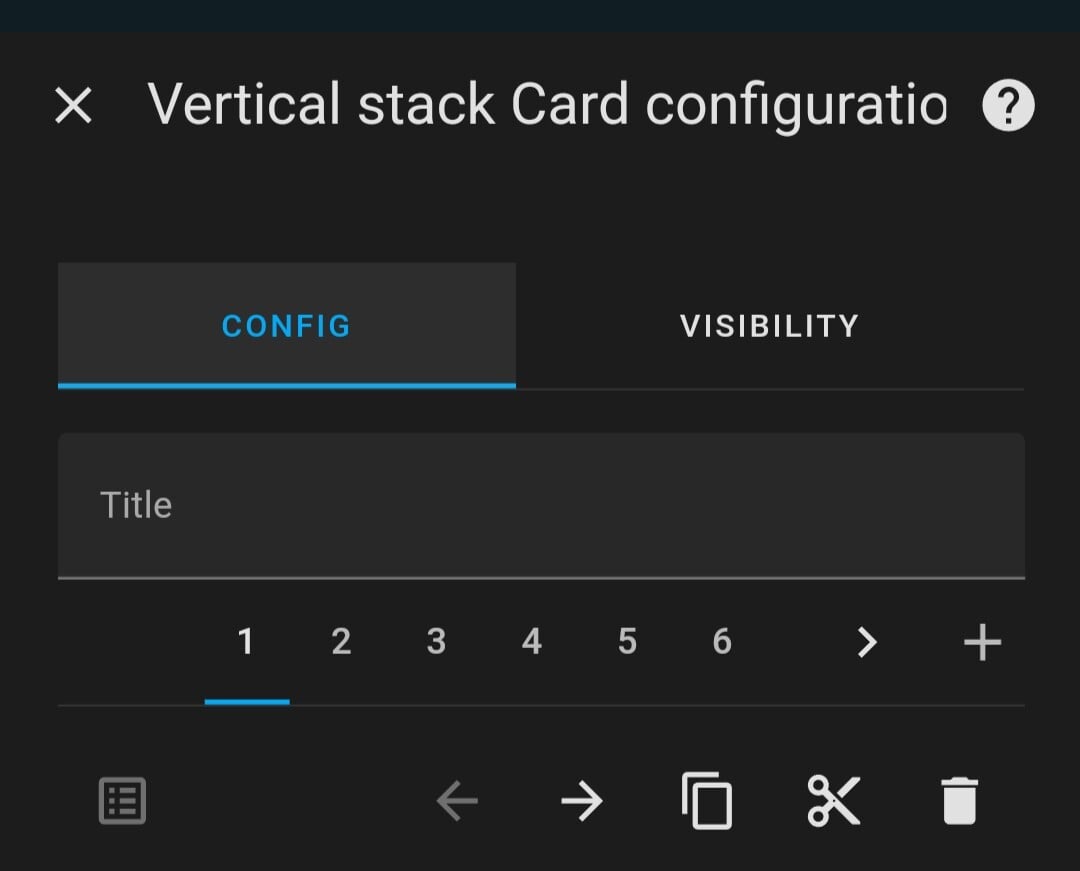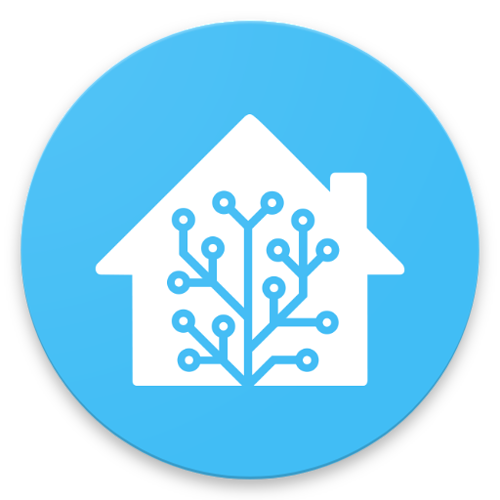

I do agree that it’s pretty cool that HA can be used for free, but if you like something and use it regularly please find ways to contribute.


I do agree that it’s pretty cool that HA can be used for free, but if you like something and use it regularly please find ways to contribute.


I believe playing with visibility would be the easiest way

This is the first time I’m exploring this, but I think you’re wrong.
On Mastodon you can:
So post visibility is not something you set per profile, but per post. But you have an effective tool to decide who you let in AND remove on the way.
I still think you should give this one a try. Unless, you’re goal is not like having an actual solution, but doing this project as a hobby, and throwing some money at it. Which is also fine, I’ve done the same before.
Testing one or two of these media severs will cost you some hours of your time. Anything other will take much more time, effort and money.
Peripherals are one thing, handling concurrent streams, transcoding… is another one.
So in theory, a Pi can be kept alive with a power bank, but OP is expecting (as I understood) multiple hours of streaming (with “local” only access) , which includes the above tasks for multiple concurrent streams. How big of a power bank we’re talking about and how long will it last?
As others already wrote, I would go with the Plex server at home and using the “Download” feature to have some content available offline for the times you don’t have internet. You can actually set a limit for the size of the download library and individually set video and audio quality for the files.
Seen raspberry pi mentioned some times, I don’t have one, so maybe I’m wrong, but I don’t think there would be an easy way to power it up on a train for example.


Can confirm, seen it live. As soon as LogSeq was open on both devices it threw an error.


I’m not familiar with such solutions, but I wouldn’t get your hopes high, as Google Docs is not a collection of publicly available files (like YouTube), rather files closed behind different accesses.
Based on this, depending on how a file is shared with you, you could be asked to authenticate yourself somehow. Without the deeper understanding of your situation, I can only think of one solution: downloading these files with manipulating the links, like this for example (if they are public): https://stackoverflow.com/questions/9045392/getting-the-download-link-for-a-public-google-docs-file?rq=1
If they are not public, I think you still have the chance to do this, but I can’t see any steps around authenticating with Google in their own site. And then download the file.


Just check what privileges these apps ask for when you’re installing them. They could get infinitely more data then “just” the ones tied to the conversations.
So once again my point is that, if their app is not touching my phone, that’s one bullet dodged.


Not sure if you haven’t read my comment, or just didn’t get the jist of it: the point is that you can use the service without installing their crappy app.


Not the solution you looking for as I feel, but I leave it here for others to discover: With a home server and proper technical knowledge you can use WhatsApp via Matrix: https://matrix.org/ecosystem/bridges/whatsapp/
This is something I discovered way before, when I was trying to ditch Facebook Messenger. I felt like there’s absolutely no chance to convince everyone around me to use Signal, so even not having the app on the phone looked like an OK option.


This looks like the type of fun I’ll never have due to being code illiterate. I just skimmed through it and haven’t seen any automations going on. Is that also possible on this setup?


I’m mostly on board with this, but even with using only trusted, vetted… apps (which is already a huge challenge for some) I wouldn’t go for sure that none of those are going rouge (as we saw before: some adv company buying a decent SW and making it a bloatware).
Getting back to my first point: I just had a situation where I had to install Viber for example, and I can’t stress enough how grateful I was for the Storage and Contact scopes features.
I’m using it on Windows at work and I was also surprised how often it just gets stuck. Deleting the database did help for some time, but then it came back every time I’m sending an email.
Gboard runs OK without any permissions, so if you don’t find anything good enough, that still could be your solution. I tried many other options but haven’t found a bilingual swipe keyboard as good as Gboard unfortunately. I just gave it network permission to download dictionaries, switched off all permissions, and it’s running smooth since months now.
Those purchases will be lost if you want to degoogle. Just went through this some time ago and actually it was a good opportunity to think about which one I’m really using. The ones I really like and there was an opportunity to buy them outside of the Google ecosystem, I rebought (for example Tasker). For all others, I found good replacements.


I feel like their goal is more close to providing a privacy-minded alternative to Google’s G-suite to “regular” users, so for me it totally makes sense. But yeah, I’m also really waiting for the Linux drive app.


Do you have any smart home setup as of now? Asking because if you have a Hue Bridge or Home assistant running at homefor example, that could narrow the results.


I was more thinking about as something that should be baked into the “phone app” from my point of view. So when the phone rings, I’m seeing who calls, why is he calling and what amount of time would he need. If I’m missing the call, I would also see these info in the recent calls.
That’s one way. Or you can contribute code, help others in the forum, file bug reports… OR if you’re the lazy one like me you can actually give them money.
Don’t like subscriptions? Ok by me, but please don’t think that complete teams will be working on great and secure software for free. That’s not something that can be maintained for a long time.
If you like something, contribute to it.